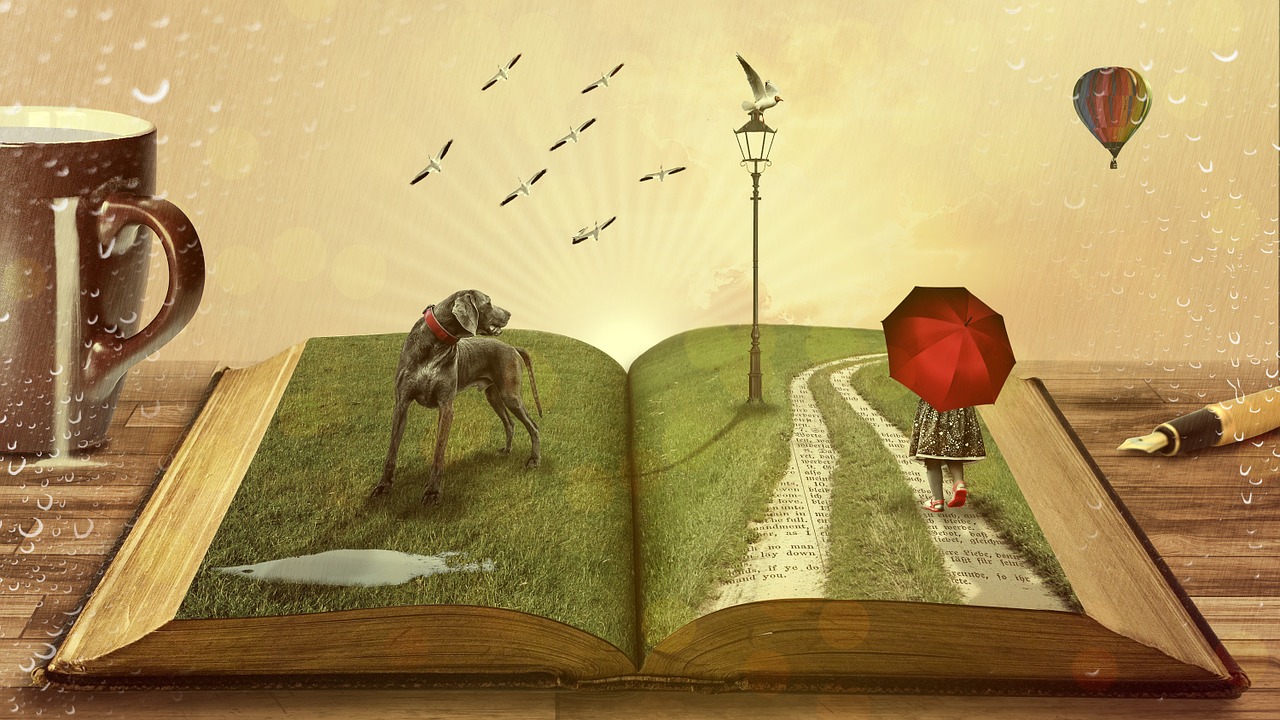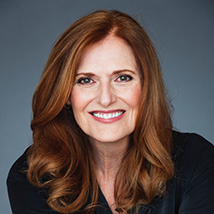My Gift To You
It is hard for many of us as women to own the gifts we have been given.
Sometimes it’s even hard to recognize that we have a gift.
But we do. We all do.
It was a long, long time before I could say out loud, without cringing, that I was a writer. My dear college friend Pinky, who worked for the president, wrote a postcard from the Whitehouse in DC saying, “You are a writer. One day your words will be for the world, not just in letters to me.”
I started shaking when I read her words. It was too big for me to hold. At twenty-five, a minster’s wife, two small babies, and though I was directing TV and writing plays and musicals with twenty thousand people at each performance, I still did not believe I was a real writer.
I taped her postcard to my kitchen cupboard anyway, a crack in the sky, giving me hope that someday I might feel worthy enough to call myself a writer.
Sometimes, even though we have a gift, we don’t feel worthy of it.
But there comes a time in each of our lives when we must own the gifts we have been given. We must grab courage to embrace our gift, it has been given to us for a purpose—to use– not just for ourselves, but for the world.
What is the gift you have not yet owned?
It may be exactly what I, we, or the world needs right now.
Today, looking for something else, I found impressions I had scribbled on the bottom of an old ‘to-do’ list when I first moved to Montreal as executive story-editor for a TV show.
“The park across the street calls me to join sashaying trees, frilled in late summer’s leaves, air heavy and perfumed. Heady bowers protectively guard yellow and purple flower garden’s laced walkways from prying eyes.
Near my bench, a pair of harpists pluck MacDowell’s Opus 51. A baby too young to walk pulls himself up against the body of the harp, his fat hand pounding perfect time as the harpists strum and trill in a harmony that wafts over us like smoky frankincense and/or myrrh.
Couples stroll arm in arm, lovers, strangers, a lucky few licking ice-cream cones. The young mother swoops to the ground, balancing her baby as he keeps pulse on the carved harp, still perfectly in sync.
On the bench across from me, a grizzled white-haired man is entwined and nuzzling an Audrey Hepburn skinny woman. Next to them, a photographer, tripod talons readied, casts a canny eye over each passing face but is too consumed with his cigarette to take advantage of this perfect golden light to capture his prey.
An old hippy with a single braid of a gray beard whirls past softly tinkling the bell on his rusted tinseled rickshaw bike with its sheepskin throne, weaving in and out of hacky-sac players and fathers pushing strollers.
People stop. Stilled. Snared in the spell. Unconsciously smiling, hands in pockets, snagged in memories of ever-lost and ever-found beauty.
Trees lightly sway flinging tiny light twinkles against a starless blue sky. Big men clutching plastic baggies walk absurdly small dogs on long leashes. Dogs the size of horses walk thin women, straining on absurdly short leashes.
The harps play on. As the sky gets darker street lamps get brighter standing guard atop gracious old posts. Perhaps this couple is from South America given their music, their passion. Not young, they have obviously been playing harps together for a lifetime or two.
A seedy man slides onto the bench next to me, unshaven, clutching his own plastic bags. He avoids my gaze urgently listening to the waterfall of music spilling over strings.
The music stops. Applause. People stream to a silk scarfed basket on the stone walk offering gratitude, coins, bills, a smile, a bow from those who understand the gift, the cost. They know they have been kissed by the holy.
The old man next to me coughs consumptively, hunching over a tightly held fag. He sucks in, holds the smoke staring down, ash falling on his raincoat long and stained.
A golden child skips and dances through the peopled path singing her own song greeting flowers and lights. Happy and oblivious she is followed at a safe distance by young parents terrified she might get lost. Unafraid of their fears, she will dance them to her innocent mother and silent father assuring them it is safe here—this night– this moment– this world apart.
The stately stone rotunda behind us, a summer ice-cream parlor, is surrounded by tables and chairs of quietly murmuring people. The now velvet night dims majestic side-by-side stones houses circling the park with their wrought iron curved steps rising to ornate doors. The French have a passion for curves, no straight lines, not even in thought which carves into beauty, being an end to itself, a way of seeing, thinking, knowing their world.
Three young women arrive in a late flurry to hug and kiss the man and his wife as she packs up her harp. Proudly he sits back down, attacking his harp in a piece as intricate and delicate as the wrought iron staircases behind us. The women, obviously musicians as well, watch with reverence. Transfixed by his fingers knitting music into the balm of night, they do not breathe until he finishes.
The little girl dances back around the rotunda, her ballet perfectly formed. Mindlessly following, her dour father is aware only of the late hour and his weariness, unaware of his daughter’s brightness of being, her brilliance forever lost on him.
The man next to me turns, leans into me and urgently asks in a heavy French accent, “Do you write about that couple in front of us?”
“I’m not sure what he is asking. He repeats himself, “Do you write about that couple in front of us– the ones like pidgins— the ones cooing and loving?”
I nod. He is relieved. “I have never seen something like that before. Please, please write about it. It is a gift they give us. We never see that love like that. We pay for the music, but we should be paying them for the loving and the showing us love like that. It is too beautiful.
He pauses and then says, “I usually look on the dark side of things but tonight they show me the white side of life. It makes me very happy. I nod.
He asks me who I write for– I tell him truthfully– nobody. He thanks me for writing anyway, then hurriedly bids me ‘Bonsoir’. Embarrassed by saying too much to a total stranger, he disappears, coughing into the cloak of night.
He understands the importance of my sacrament of pen and paper. Does he understand why I write? Doesn’t matter. I do.
I write because I must. I write for the world as a nun prays for the world. Both in our habit, both in our solitude.
I write so I will not lose this simple beauty in the clutter of so much living in my mind.
I write so that someone has captured these few shimmering moments to keep them safe from ever fading.”
Because I wrote these words seventeen years ago and found them now, I can share the beauty of that one evening with you.
I am a writer.
This is my gift to you.

Nancy




Love to hear your thoughts.